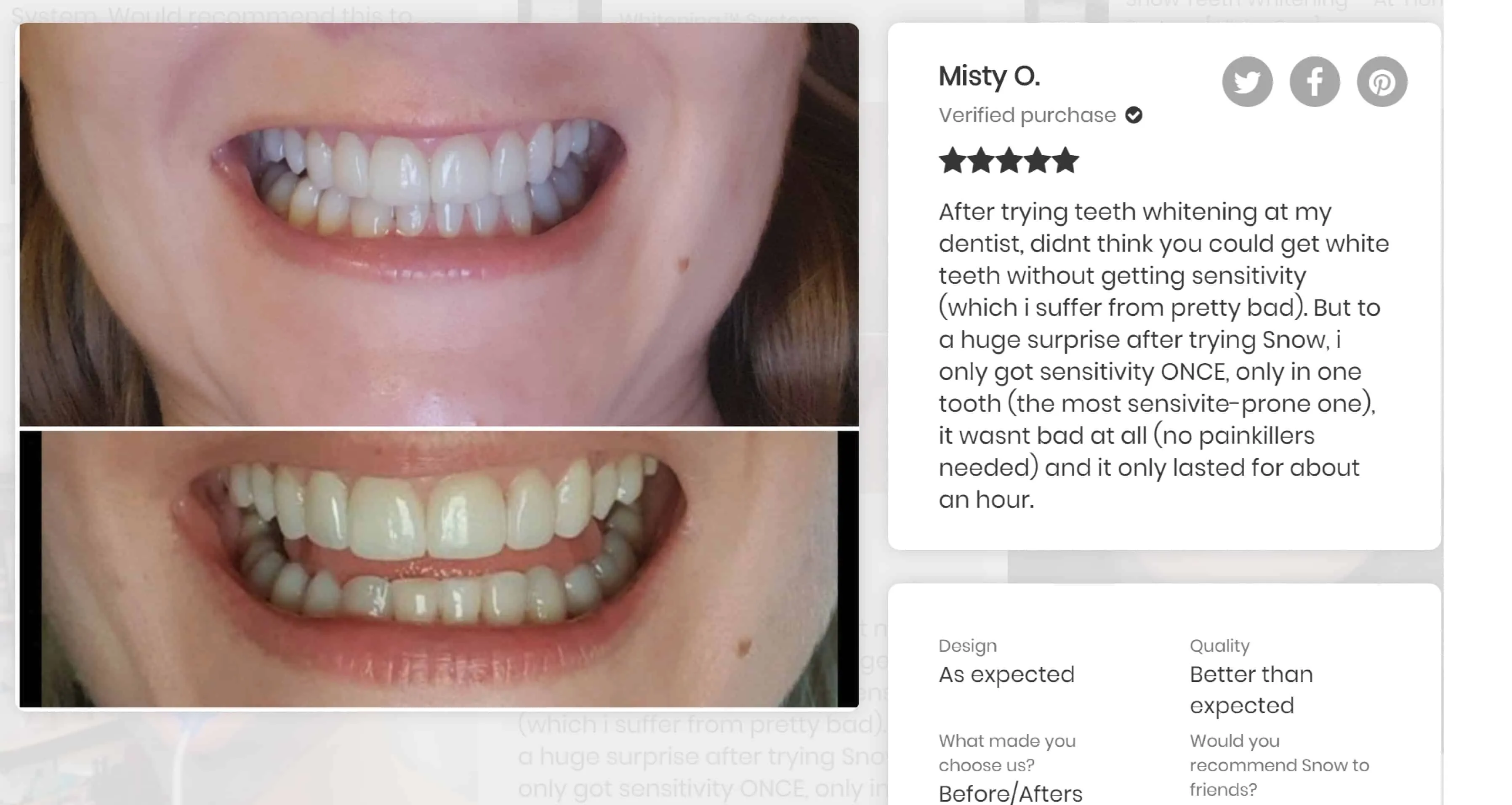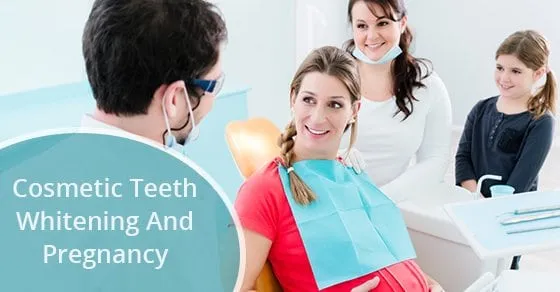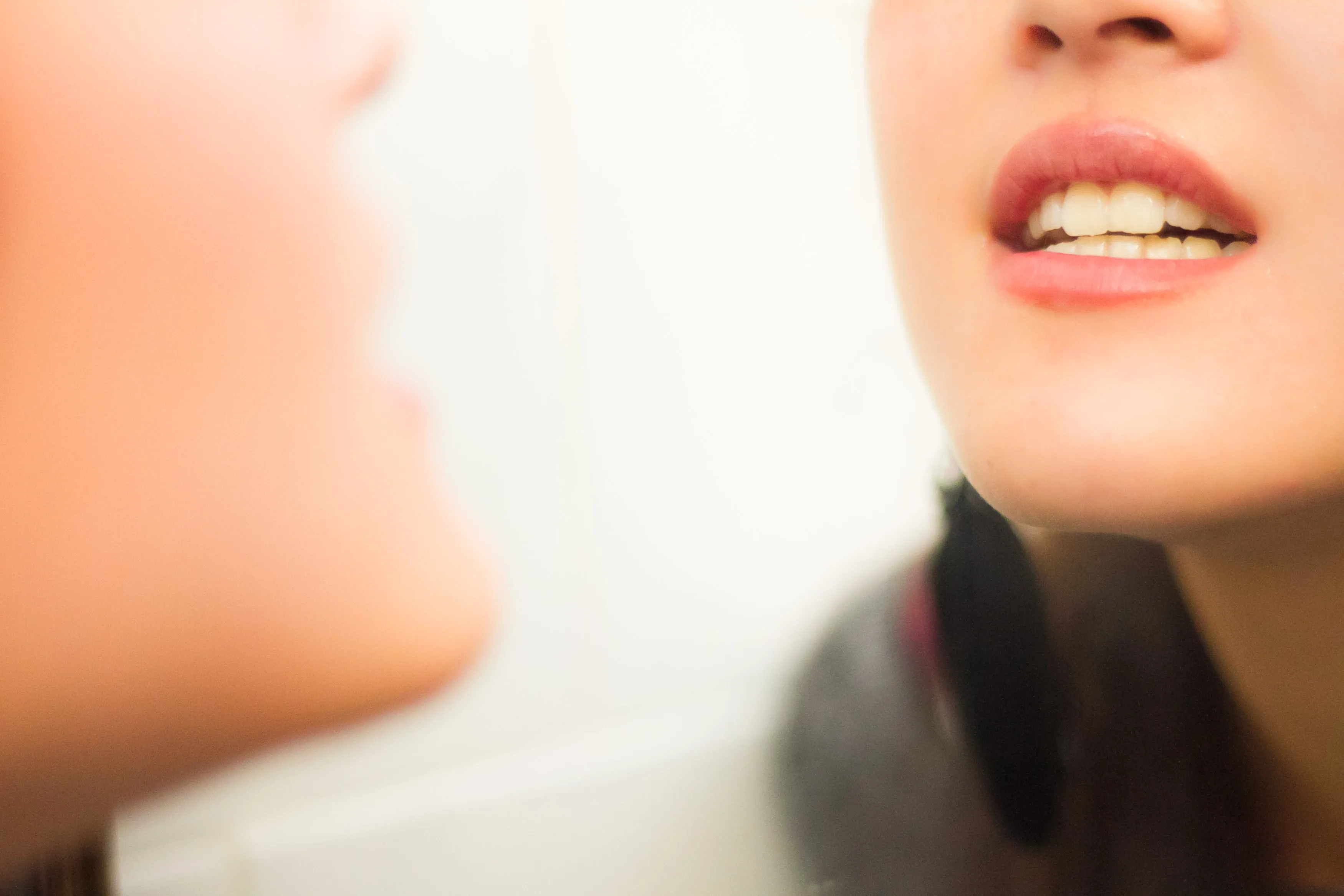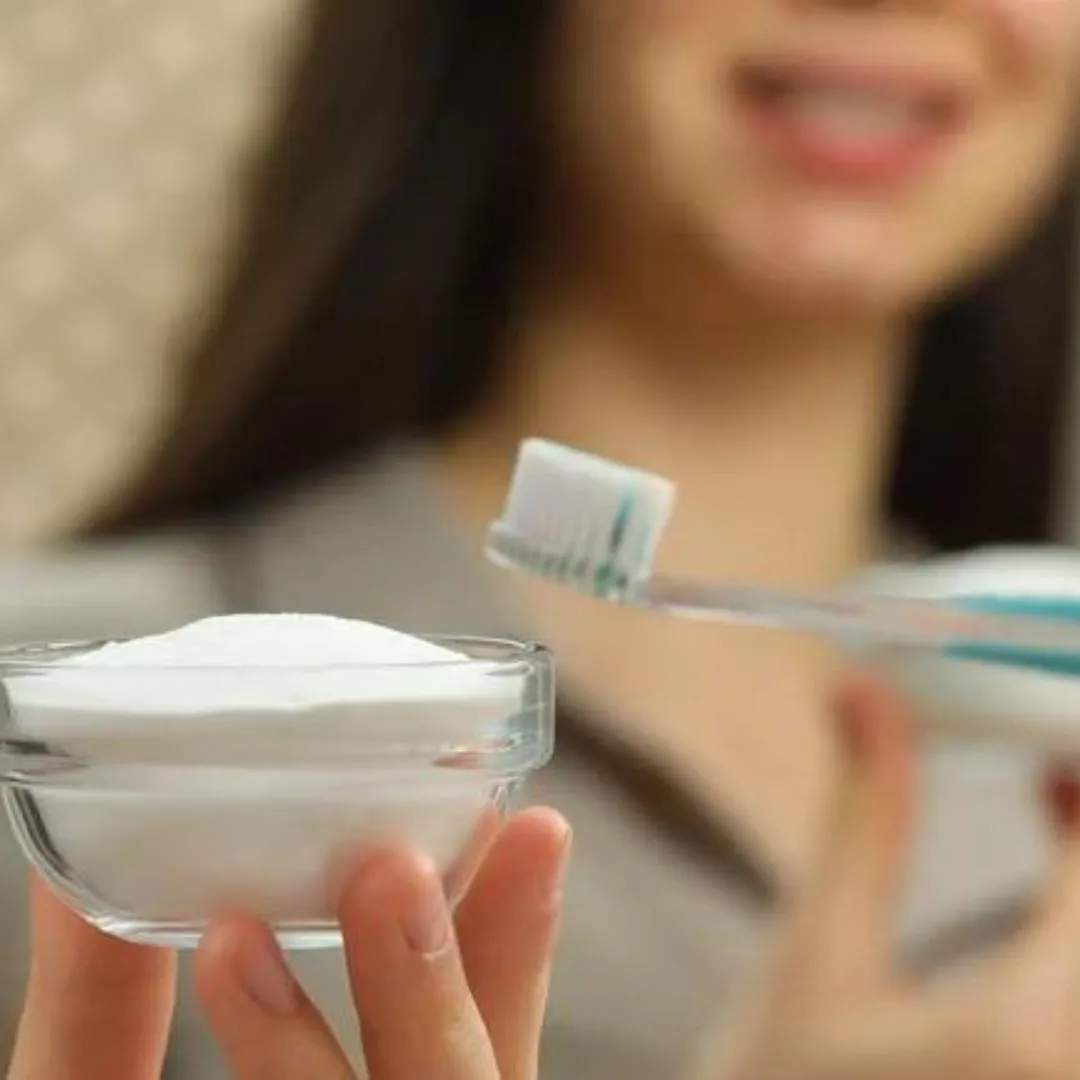Are Teeth Whitening Strips Safe During Pregnancy?
When you’re pregnant, your body goes through a myriad of changes, and it’s natural to be extra cautious about everything you consume or expose yourself to, including dental care products. Teeth whitening is a popular cosmetic procedure, but it’s essential to understand the potential risks and benefits before using teeth whitening strips during pregnancy. The primary concern revolves around the ingredients in these strips and whether they can affect the developing fetus. This article aims to provide a comprehensive overview to help you make an informed decision.
Understanding the Ingredients in Teeth Whitening Strips
Teeth whitening strips typically contain active ingredients that bleach the teeth, removing stains and discoloration. The most common active ingredients include hydrogen peroxide and carbamide peroxide. These chemicals break down stains into smaller components, making the teeth appear whiter. The concentration of these chemicals varies depending on the brand and the strength of the strips. It is important to understand these ingredients to make a safe decision for both you and your baby. Several other inactive ingredients help the strips adhere to your teeth and deliver the whitening agents. These can include things like glycerin, water, and flavoring agents. The safety of these inactive ingredients during pregnancy is generally considered lower risk, but it’s still beneficial to know what’s included.
Hydrogen Peroxide and Pregnancy

Hydrogen peroxide is a common whitening agent. Its safety during pregnancy is a subject of some debate, with limited research directly addressing its effects on a developing fetus. The primary concern is the potential for the chemical to be absorbed into the bloodstream. While the amount of hydrogen peroxide in whitening strips is usually small, the unknown potential risks necessitate careful consideration. Some dental professionals advise against its use during pregnancy, while others may deem it acceptable in low concentrations. Due to the lack of conclusive evidence, it’s important to consult with your dentist for personalized advice.
Carbamide Peroxide and Pregnancy
Carbamide peroxide is another whitening agent used in teeth whitening strips. When it comes into contact with water, it breaks down into hydrogen peroxide and urea. Like hydrogen peroxide, there is limited research on the effects of carbamide peroxide on a developing fetus. The potential for absorption and the breakdown into hydrogen peroxide raise similar concerns about safety. It’s important to approach the use of carbamide peroxide-containing products with caution and seek advice from a dental professional. They will consider your overall health and the specific product you’re considering when giving guidance.
Potential Risks of Teeth Whitening Strips
Even if the active ingredients are deemed safe, there are other potential risks. These risks may not directly impact the fetus but can affect your overall oral health. During pregnancy, hormonal changes can make your gums more sensitive and prone to inflammation. Furthermore, morning sickness can contribute to enamel erosion due to increased exposure to stomach acid. Teeth whitening strips may exacerbate these issues. It’s important to consider all the potential consequences before starting treatment. This will allow you to make a decision that considers both the aesthetic and health implications of your choice.
Sensitivity and Gum Irritation

A common side effect of teeth whitening strips is increased tooth sensitivity and gum irritation. The whitening agents can irritate the soft tissues of your mouth and cause discomfort. For pregnant women, who may already experience increased gum sensitivity, this can be even more problematic. Sensitivity can range from mild discomfort to sharp, shooting pains. Gum irritation might manifest as redness, swelling, or tenderness. If you experience these symptoms, it’s essential to stop using the strips and consult with your dentist. During pregnancy, it’s important to prioritize comfort and well-being.
Swallowing the Whitening Solution
While using teeth whitening strips, there’s a chance you might accidentally swallow some of the whitening solution. This is usually a minor concern, but it’s important to minimize any unnecessary exposure to chemicals, especially when you’re pregnant. Swallowing a large amount of the solution could potentially lead to gastrointestinal upset or other complications, though this is rare. It’s vital to follow the instructions carefully, avoiding excessive saliva production, and spitting out any excess product. This will help minimize potential exposure.
Top 5 Tips for Using Teeth Whitening Strips During Pregnancy
If you’re considering using teeth whitening strips during pregnancy, here are some tips to help you make a safer choice. These tips can assist in minimizing the risk and ensuring your well-being and your baby’s health.
Consult Your Dentist First

Before using any teeth whitening products, it’s crucial to consult your dentist. They can assess your oral health, discuss the potential risks and benefits, and offer personalized advice based on your specific situation. Your dentist can evaluate your gums, check for any pre-existing conditions, and advise you on the best course of action. A professional opinion will help you make an informed decision that aligns with the recommendations for your particular health profile. The dentist will consider all relevant factors when providing guidance.
Choose Pregnancy-Safe Strips
If, after consulting with your dentist, you decide to use teeth whitening strips, look for products specifically designed for sensitive teeth or that claim to be pregnancy-safe. These strips usually have a lower concentration of active ingredients, which may reduce the potential risks. Read the product labels carefully and check for any warnings or recommendations. Always follow the instructions on the package and never exceed the recommended usage duration. Opting for products with lower concentrations or alternative whitening methods could give you peace of mind and ensure the health of your developing baby.
Use Strips as Directed
Always follow the manufacturer’s instructions carefully. Do not leave the strips on for longer than the recommended time, and do not use them more frequently than advised. Overuse can increase the risk of sensitivity, gum irritation, and potential exposure to the whitening agents. Make sure you correctly apply the strips, ensuring they cover your teeth evenly. Avoid swallowing the solution by spitting out excess saliva that may accumulate in your mouth while the strips are on. Following the directions will provide you with the best and safest results.
Monitor for Sensitivity

Pay close attention to your teeth and gums while using teeth whitening strips. If you experience any sensitivity or gum irritation, stop using the strips immediately. It might be a sign that your teeth or gums are not responding well to the product. Contact your dentist for guidance. They can provide recommendations on how to manage the sensitivity or advise on alternative methods. Your comfort and oral health are paramount during pregnancy, and it is important to address any issues as soon as they arise.
Consider Alternatives to Whitening Strips
If you’re concerned about the potential risks of teeth whitening strips, consider alternative methods. These options can provide a safer and gentler approach to brightening your smile during pregnancy. Always discuss the following options with your dentist to ensure they are right for you. Your dental health professional will be able to guide you and give you the best options.
Alternative Teeth Whitening Methods
If you’re looking for a gentler approach to teeth whitening during pregnancy, several alternatives can help you achieve a brighter smile. These methods are often considered safer and may cause less sensitivity. It’s essential to discuss these options with your dentist to determine the best course of action for your oral health. They can assess your needs and give personalized recommendations. You’ll want a plan that delivers positive results while ensuring the safety of both you and your baby.
Maintaining Oral Hygiene During Pregnancy

Maintaining excellent oral hygiene is more critical than ever during pregnancy. Hormonal changes can make your gums more sensitive and susceptible to inflammation and diseases like gingivitis. This condition can, if left untreated, lead to more severe dental problems. Regular brushing, flossing, and dental check-ups are vital to keeping your teeth and gums healthy. Good oral hygiene will not only benefit your dental health but also contribute to your overall well-being. Maintaining these habits will keep your mouth healthy during a time when your body is undergoing significant transformations.
Brushing and Flossing Techniques
Brush your teeth at least twice a day for two minutes using fluoride toothpaste. Make sure to brush all surfaces of your teeth, including the front, back, and chewing surfaces. Use gentle, circular motions and avoid brushing too hard, which can damage your enamel and irritate your gums. Floss daily to remove plaque and food particles from between your teeth and along the gum line. When flossing, use a gentle sawing motion and avoid snapping the floss against your gums. These simple habits can make a big difference in keeping your teeth and gums healthy. Proper oral hygiene, along with regular dental visits, is key to a healthy smile during pregnancy.
Regular Dental Check-ups
Schedule regular dental check-ups and cleanings during your pregnancy. Inform your dentist that you are pregnant so they can adjust your treatment accordingly. Routine dental visits allow your dentist to monitor your oral health, detect any problems early on, and provide necessary treatments. Cleanings will help remove plaque and tartar buildup, reducing your risk of gingivitis and other dental issues. Your dentist can also provide guidance on proper oral hygiene techniques and answer any questions you may have. By maintaining regular visits, you can ensure that you’re taking good care of your teeth and gums.
Conclusion

Deciding whether to use teeth whitening strips during pregnancy requires careful consideration. While they can be effective at brightening your smile, the potential risks associated with the active ingredients and the hormonal changes during pregnancy warrant caution. Always consult with your dentist before starting any teeth whitening treatment. They can provide personalized recommendations based on your oral health and overall well-being. By prioritizing oral hygiene, exploring alternative whitening methods, and following your dentist’s advice, you can maintain a healthy and radiant smile during your pregnancy. Make informed choices so that you are in a better position to keep you and your baby safe.
